Entry Category: Criminal Activities - Starting with T
Templeton, George (Lynching of)
Texarkana Moonlight Murders
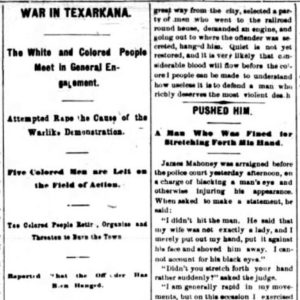 Texarkana Race Riot Article
Texarkana Race Riot Article
Thomas, Wade (Lynching of)
Thompson, Alex (Lynching of)
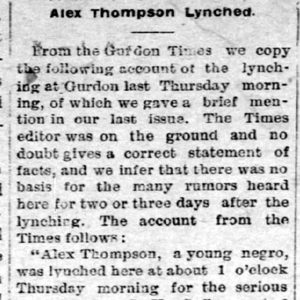 Alex Thompson Lynching Article
Alex Thompson Lynching Article
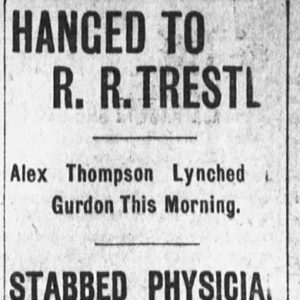 Alex Thompson Lynching Article
Alex Thompson Lynching Article
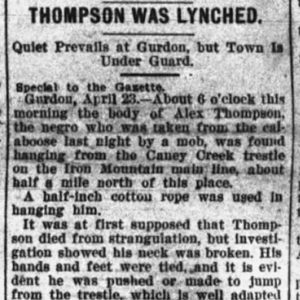 Alex Thompson Lynching Article
Alex Thompson Lynching Article
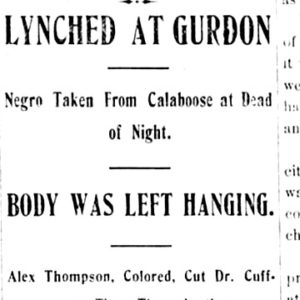 Alex Thompson Lynching Article
Alex Thompson Lynching Article
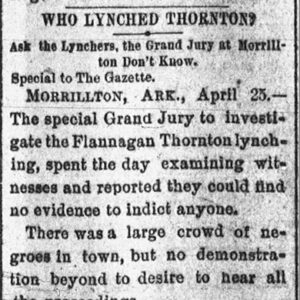 Flanigan Thornton Lynching Article
Flanigan Thornton Lynching Article
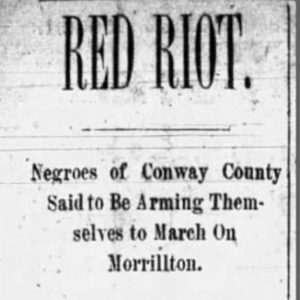 Flanigan Thornton Lynching Article
Flanigan Thornton Lynching Article
Thornton, Flanigan (Lynching of)
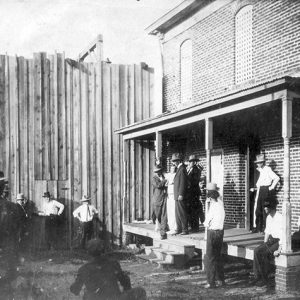 John Arthur Tillman
John Arthur Tillman
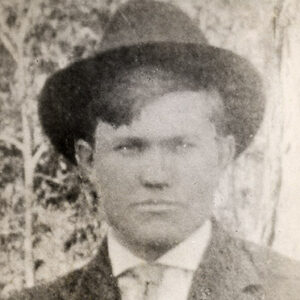 John Arthur Tillman
John Arthur Tillman
Tillman, John Arthur
Toll (Lynching of)
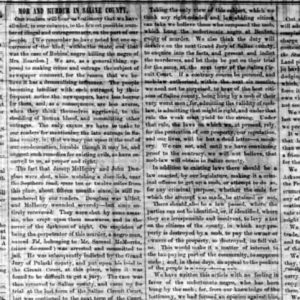 Toll Lynching Story
Toll Lynching Story
Tucker Unit
aka: Tucker Prison Farm
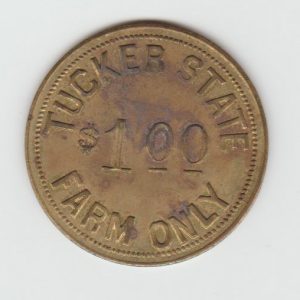 Tucker Unit Commissary Token
Tucker Unit Commissary Token
Tucker-Parnell Feud
Tucker, Frank (Lynching of)
Turner, John (Lynching of)
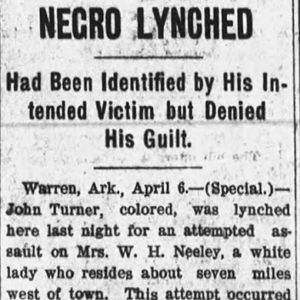 John Turner Lynching Article
John Turner Lynching Article




